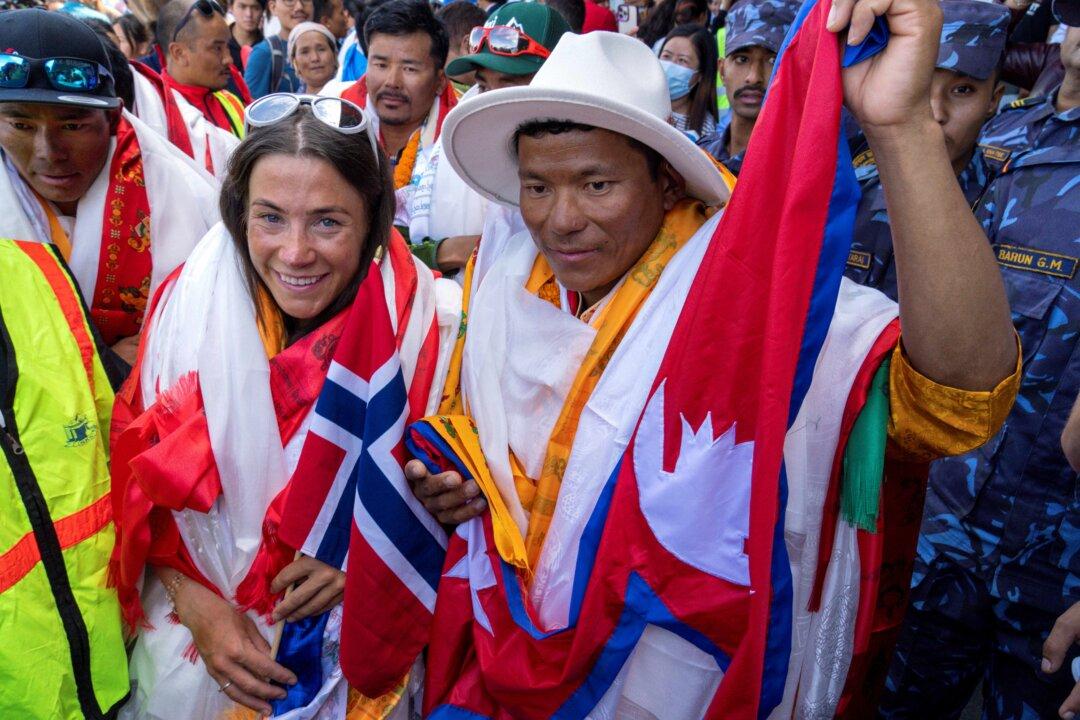BERLIN—A record-setting Norwegian mountaineer pushed back Sunday against claims that she could have done more to save the life of a Pakistani porter who slipped off a narrow trail near the peak of the world’s most treacherous mountain and died there after several hours.
The circumstances of Mohammad Hassan’s July 27 death on K2, the world’s second-highest peak, sparked ongoing controversy, with two climbers arguing that he could have been saved if all those on the mountain that day had aborted their climb and focused on getting him down safely.





